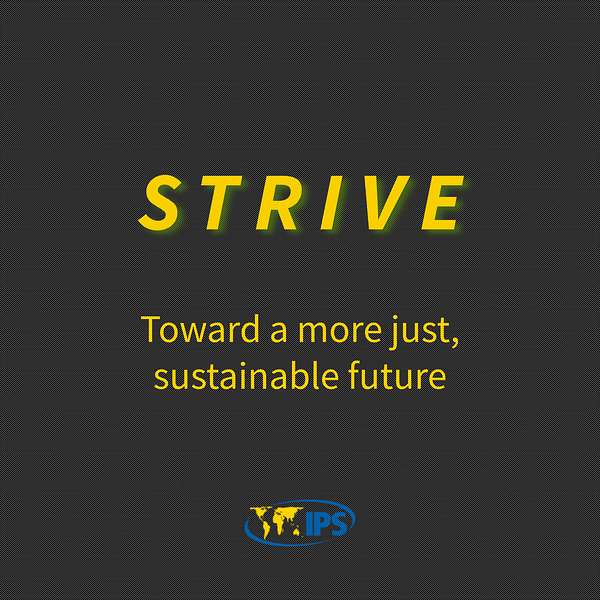
Strive: Toward a more just, sustainable future
Strive: Toward a more just, sustainable future
How development banks put communities at risk
A 2021 World Bank-financed project in Uganda was supposed to help communities to sustainably manage local areas and to cope with the impacts of Covid-19. But at one site, the Toro Semliki Wildlife Reserve, the funding emboldened the Uganda Wildlife Authority. A government body, and the project’s implementing agency, the UWA has long prevented indigenous communities from reclaiming their land near the wildlife reserve.
Since 2015, UWA rangers have been responsible for more than 86 attacks, including 34 people beaten, shot, or injured, 15 arrested, and at least 29 killed in the wildlife reserve. That’s according to a new report called Wearing Blinders. Reprisals against the local community accelerated during negotiations over the World Bank financing.
Unfortunately, such events are not rare. In 2021, the Business and Human Rights Resource Centre recorded over 600 attacks against human rights defenders in the context of business activities. Many of them involved, either directly or indirectly, development banks. That’s according to one of today’s guests — Lorena Cotza of the Coalition for Human Rights in Development, an umbrella group of over 100 civil society groups and author of Wearing Blinders.
Our other guest is Ugandan human rights defender Gerald Kankya, director of the Twerwaneho Listeners Club. TLC accompanies communities impacted by development projects, to denounce human rights violations and hold financiers accountable. Days before we spoke, Gerald and his colleagues filed requests for compensation for the families of the Toro Semliki Wildlife Reserve in the High Court of Uganda.
According to Lorena, development banks often shirk their responsibilities. They claim that there are no links between reprisals against community members and their financing of local projects. She believes that banks’ independent complaint bodies do produce insightful and credible investigations. However in the end, they can only make recommendations, not hold banks accountable.
One possibly effective pressure point on the banks, Lorena points out, is that they lend public money and are governed by country representatives. If citizens of these countries raise their voices loud enough, the banks might listen.
Resources
Wearing Blinders report
Coalition for Human Rights and Development
Twerwaneho Listeners Club
Strive on social media
Twitter